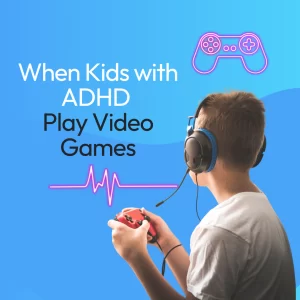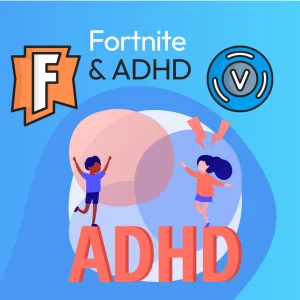Our minds are constantly pulling us into the past, to relive different moments from our lives; or into the future, where we wonder about what possibilities could be out there. Although the ability think about the future is one of the great developments in human history it is not an ability that is free of consequence, and early on our ancestors realized that they were vulnerable to danger: first, realizing vulnerability to predators and starvation; and, eventually realizing that the ultimate predator was that we all had a limited lifespan. We learned that we are mortal, and once we became aware of that fact, as a species, we started to think about the world, and ourselves, differently. Thinking about the future became the most important thing we could do for our survival, but the consequences of thinking about the future turn out to have the potential to disrupt our well-being in the present.“From a behavioral point of view, self-awareness consists in responding to one’s own responding…most animals “see,” but humans uniquely also see that they see” (Hayes, Strosahl & Wilson, 2012). Being mindful is about balancing our thoughts of the future with the demands of the present. Developing a present-moment awareness is a hallmark to experiencing fully each moment that we live in our lives!
When was the last time you remember being so busy or preoccupied that you felt like you may have missed out on something important? Most of us can look back and think about a time or experience that we wish we could make linger a little longer—summer vacation just ended, after all. But, there are always a dozen reasons not to stop and smell the roses, putting things off until ‘later’. Make no mistake about it, we have to sacrifice to think about the future and to make plans; however, this sacrifice comes at the expense of the present moment—think about procrastination being the direct opposite: sacrificing in the future (the all-nighter before the final paper is due) for the sake of comfort in the present moment (not worrying about that paper until AFTER Thanksgiving break!). Sometimes we have to think ahead though. When I need to plan my finances, for example, thinking about when I need to pay rent and how much money I am going to need to do that, not living fully in the momentis probably a good thing. But the fact remains, thinking about the future takes me out of the glorious moments of the present, and sometimes when we live with the promise of living more fully later, “later” never seems to come at the right time. We have all had that thought: “if I can just make it through _______, then I will be ok.”We repeat this mantra to ourselves over and over again; if I can just make it through: this class; this year; this mile; this difficult phase of my life; THEN, I will relax and invest in my relationships, I will go back to school, I will pay off some debt, etc.
Developing the willingness and ability to live fully in the present moment is central to learning to live more mindfully day-to-day. Further, living a conscious life that is guided by our values is based on being in contact with the present moment so that you can identify what our values are, and how closely we are adhering to them. So, let’s talk about some things that we can practice in order to learn to be more mindful in our daily life and help bring us back to the present moment if we start drifting into distressing thoughts of the future or ruminating on the past:
1) pay attention to the sights and sounds in the world around you, it will help bring you into the moment as the rest of the world only exists in the here and now;
2) remind yourself to be present and fully engaged when you are interacting with other people—really listen to people when they speak, and attend to the things they are saying;
3) close your eyes and focus on the pattern of your breathing;
4) do not be judgmental of the thoughts you are experiencing in the present moment. Instead, simply attempt to notice the thoughts for what they are: neither inherently good, nor inherently bad;
5) try paying attention when you are eating: what are the textures and smells of the food you are eating, pat attention to the process of eating and notice how you feel satisfied as you become ready to complete the meal; and
6) maybe next time you are out for a walk, cleaning your room, doing the dishes, or any other task you are completing throughout the day, try simply attending to the task in that moment and doing nothing else.
Why does being mindful and attending to the present in a flexible way matter? Well, the alternative is a constant barrage of information such that we are unable to focus on any of it. When our attention is constantly shifting around from place to place—looking at our phones, while listening to a friend we are sitting with, while thinking about what we want to do after school, we “see” and “hear” all of it while making sense of very little of it. And pretty soon, because of the way our brain prioritizes incoming information in order to decide what to pay attention to, we struggle to remain in the present moment when we are under-stimulated. It gets to the point where watching Netflix is no longer enough and you end up watching Netflix while scrolling through Instagram or watching YouTube at the same time because you require that level of input to feel stimulated. Being mindful and engaged in the present moment is critical for coping skills, as seeing those reasonable alternatives to the problems we face in any given moment require us to be able to look directly in front of us and identity them. So, try some of the activates above to put yourself more fully in the present moment and not only will the people around you be thankful, you will thank yourself when you experience the full joy that each moment that this lovely world, and the people in it, have to offer.




2 thoughts on “Mindfulness & flexible contact with the present moment”
Pingback: Psychological Flexibility - Revisiting the old before the new - Stand 4 Kind
Pingback: An excercise in mindfulness - Stand 4 Kind - Mindfulness